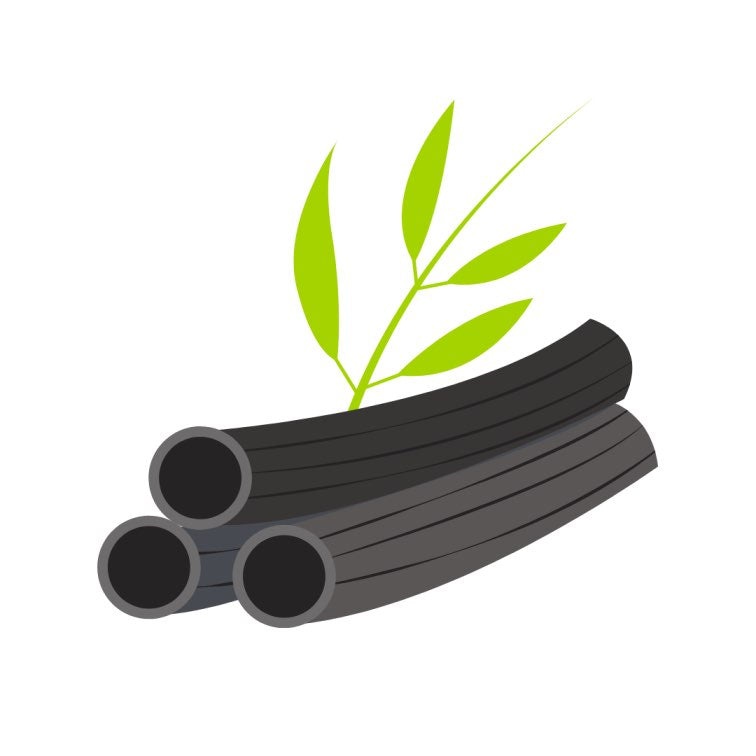The ocean is an incredibly complex and diverse ecosystem, covering over 70% of the Earth's surface and supporting countless species of marine life. From microscopic plankton to the largest whales, the ocean is home to a stunning array of biodiversity. Unfortunately, this critical ecosystem is facing an ever-increasing number of threats, including pollution, overfishing, and climate change. These threats not only harm marine life, but they also have far-reaching consequences for the planet as a whole.
However, Ocean Conservancy, a nonprofit organization with over 50 years of experience, is dedicated to protecting the ocean and its ecosystems from these threats. Through their tireless advocacy work, innovative solutions, and community engagement, Ocean Conservancy is making a significant impact in preserving the health and beauty of our planet's most vital ecosystem.
International Coastal Cleanup
One of the most significant accomplishments of Ocean Conservancy has been its annual International Coastal Cleanup event. Since 1986, the event has brought together thousands of volunteers from around the world to remove trash and debris from beaches and waterways. The event has collected over 330 million pounds of trash from more than 190 countries, making it the largest volunteer effort of its kind in the world. The significance of this event cannot be overstated, as it plays a critical role in the global fight against ocean pollution.
Ocean Conservancy Programs
Ocean Conservancy offers a wide range of programs that address some of the most pressing issues facing the ocean and its ecosystems. Their Advancing Ocean Justice program focuses on advocating for equitable policies and practices that protect the ocean and its communities.
The Confronting Climate Change program works to mitigate the impact of climate change on the ocean through research, advocacy, and education.
Their Government Relations program works with policymakers to create and implement effective ocean policies.
Protecting Florida and Protecting the Arctic programs are focused on protecting these unique and fragile ecosystems.
Smart Ocean Planning promotes data-driven, sustainable decision-making for the ocean, while the Sustainable Fisheries program works to ensure that fisheries are managed sustainably.
Finally, the Trash Free Seas program focuses on preventing ocean plastic pollution through education, advocacy, and community engagement. Each of these programs is critical in protecting the ocean and its ecosystems for generations to come.
Ocean Wildlife Stats
According to a recent report by the World Wildlife Fund, over 60% of the world's marine species have been affected by human activities, including pollution, overfishing, and habitat destruction. Some of the most threatened species include sea turtles, sharks, whales, and dolphins. For example, it is estimated that there are only about 3,200 tigers left in the wild, while the population of the vaquita, a small porpoise found only in the Gulf of California, has dwindled to fewer than 10 individuals.
The impact of these losses on the ocean's ecosystem is immeasurable, which is why the work of organizations like Ocean Conservancy is so critical in protecting the ocean and its precious marine wildlife.

In addition to the devastating impact on marine wildlife, ocean pollution also poses a serious threat to human health. Plastic debris in the ocean breaks down into small pieces and is ingested by marine life, eventually making its way up the food chain to humans. In fact, a recent study estimated that the average person ingests the equivalent of a credit card's worth of plastic every week. This alarming statistic highlights the urgent need for action to address ocean pollution and its impact on both marine life and human health.
Organizations like Ocean Conservancy play a critical role in tackling this issue by advocating for policies that reduce plastic waste and promote sustainable practices. Their work is essential in protecting not only the ocean's wildlife but also the health and well-being of people around the world.
Promotion of Sustainable Practices
Ocean Conservancy also works to promote sustainable fishing practices and support the creation of marine protected areas. The organization has been a vocal advocate for reducing ocean plastic pollution and promoting using renewable energy sources to combat climate change and their advocacy work has resulted in numerous awards and recognition.
Awards and Recognition
Ocean Conservancy has received numerous awards and recognitions for its advocacy work, including being named a top-rated environmental nonprofit by Charity Navigator in 2021 and receiving the Platinum Seal of Transparency from GuideStar. These awards demonstrate the organization's impact and credibility in the fight against ocean pollution.
Importance of Ocean Conservation

The importance of ocean conservation cannot be overstated. The ocean's health and survival are vital to the planet's health and survival. As our planet faces an increasing number of environmental challenges, organizations like Ocean Conservancy play a critical role in protecting our oceans and preserving the health of our planet.
Get Involved
Protecting the ocean may seem like a daunting task, but there are many ways that individuals can make a positive impact.
- Educate yourself and others about ocean issues, such as pollution, overfishing, and climate change. You can do this by reading books, watching documentaries, and following organizations like Ocean Conservancy on social media.
- Reduce your plastic usage by bringing reusable bags and water bottles, avoiding single-use plastics like straws and utensils, and properly disposing of waste. You can also participate in beach cleanups and other community events that focus on reducing plastic waste.
- Support organizations like Ocean Conservancy through donations or volunteering. Did you know that when you shop with Green Eco Dream you can support Ocean Conservancy? We are donating percentage of our sales to the non-profit you choose.
- Conserve water by turning off the faucet when you're brushing your teeth, fixing leaks, and reducing your overall water usage.
- Reduce your carbon footprint by walking, biking, or using public transportation instead of driving alone, turning off lights and electronics when not in use, and choosing energy-efficient appliances.
- Advocate for policies that promote sustainability and protect the ocean. You can do this by writing to your elected officials, signing petitions, and participating in peaceful protests.
If you want to support Ocean Conservancy's mission, you can visit their website to learn more about their work and how you can get involved. Whether through volunteering, donations, or advocacy, community engagement is vital in the fight against ocean pollution and degradation.
Join the Movement to Protect Our Ocean
Through their advocacy work, community engagement, and innovative solutions, Ocean Conservancy is making a significant impact in the fight against ocean pollution and degradation. The organization's programs, annual International Coastal Cleanup event, promotion of sustainable practices, and numerous awards and recognitions demonstrate its commitment to protecting the ocean and its ecosystems. Let's all do our part in protecting our planet's most vital ecosystem by supporting organizations like Ocean Conservancy.
Support Ocean Conservancy today at Green Eco Dream.
BONUS: Save 10% on your first order with us with the code: BLOG10 and enjoy an impactful shopping!
If you enjoyed reading this Blog, please share it, and help us get the word out together. Thank you! 😊




























